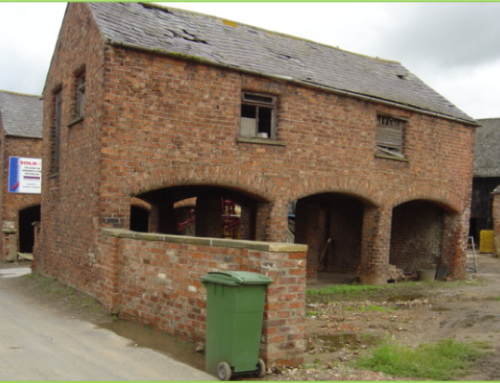Following on from the last thought piece, this article considers what you should take into account when thinking about creating new income streams for your rural enterprise. Many business expansion projects are driven by the requirement for more revenue. Even though this maybe the case, it is important to put the financial issues to one side whilst considering what opportunities there maybe in your situation.

If you are lucky enough to have a burning interest in a particular offering, that you know will make money, then you can skip this first stage. However, you may find it is useful to consider what other options are available. So, list all the interests of those involved in the business. Then list all the other ideas that everyone has. It doesn’t matter how silly or half baked the idea is, jot it down. This process will work best if you have at least 3 people discussing, laughing and bouncing ideas off of each other. An informal situation, away from the office may also help you to consider ideas. Other peoples’ ideas will spark new lines of thought. The ideas should include adaptations to the existing business, extensions to the existing business and brand-new opportunities. Involving someone from outside the business with a different perspective can also help to create innovative thinking.
Once you have a long list, divide all of the ideas into categories. The categories should be of your own making, but may be something like:
- Adding value to existing product
- Increasing range of products for existing customers
- Creating new products or services
Now you have a list of potential enterprises, ordered into groups, consider the assets that the business has. Look at the assets in each class:
- Real Estate
- People, their expertise, interests and strengths
- Cash/ access to it
- Clients or customers
- Business network
- Locality.
- Special features, access etc.
The next step is to consider the constraints on your assets in detail. This could take several weeks as you methodically check the planning policies in your area, listing on buildings or trees, poor access or a lack of services. The list can go on and on. It may be a gap in skills in the management team or staff. It maybe poor cashflow or legal constraints on your ideas or property. Don’t think of these constraints as the end of the line. Merely the challenges to overcome in order to create a great business.
Move on to considering the financial implications for the ideas that look to have the most realistic likelihood of launching. Ensure you understand the opportunity costs. Factor in rent for buildings and salary for staff, including yourself. Involve your management team and the professionals around you. It is important to check on issues such as the affect on your tenancies, tax implications, business rates and business structures. For many organisations reputational risk is also a key consideration.
In my 30 years’ experience in the rural property sector I have seen moribund woodlands which attracted antisocial behaviour transformed by holiday lodges and burial sites into pleasant, conservation rich habitat…profitably. Equally, farm businesses can be revitalised by direct selling, the creation of offices or a new enterprise. These opportunities are exciting and rejuvenate businesses and operations in the rural sector.
If you would like us to help facilitate discussions, consider values or the planning landscape please feel free to call Iain on 07827 392720 or email me directly at iainskinner@skinnerholden.co.uk.

